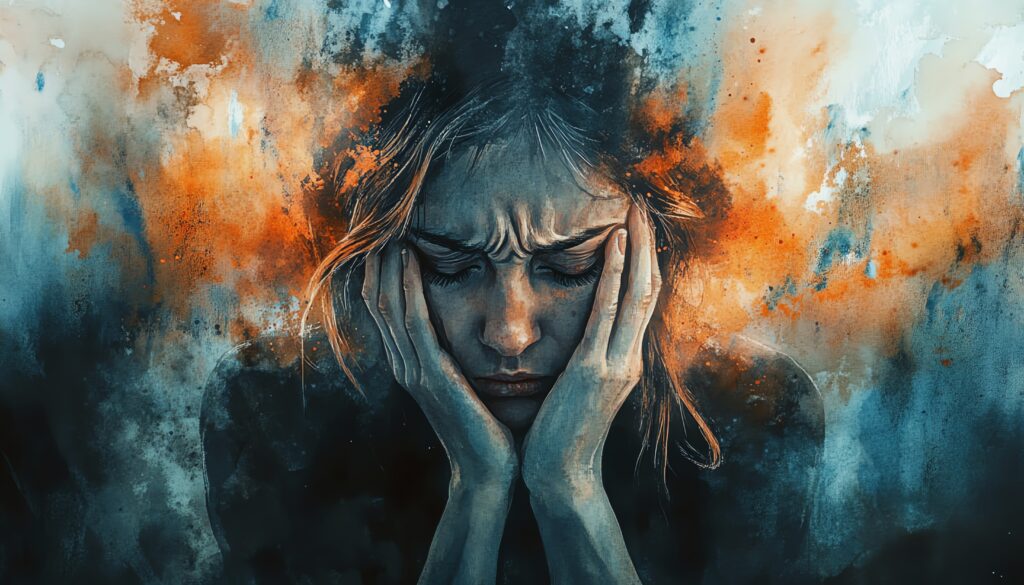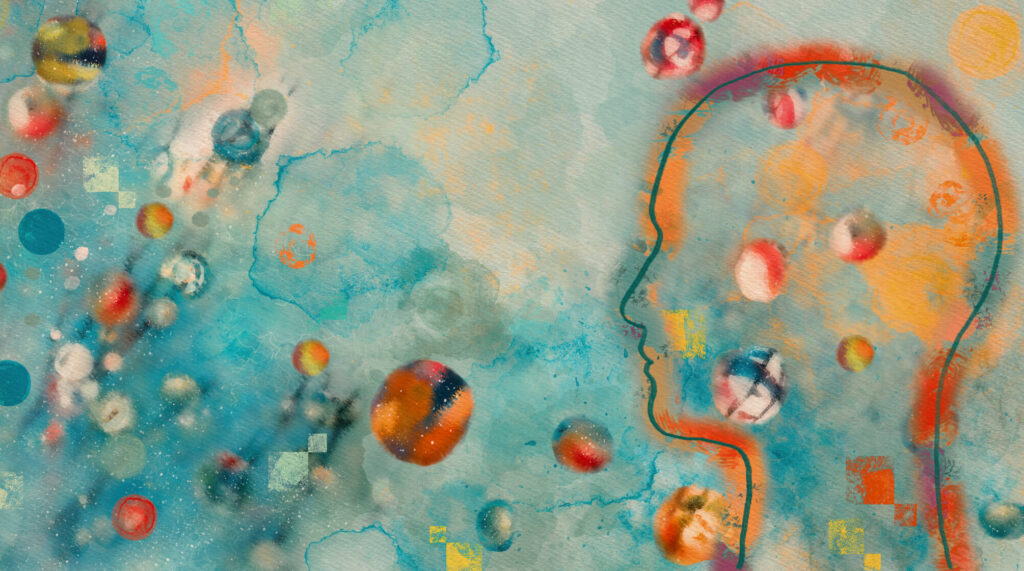What is ADHD?
What is ADHD?
Attention-Deficit/Hyperactivity Disorder (ADHD) is a neurodevelopmental disorder that commonly affects children and often persists into adulthood. While some individuals manage symptoms on their own, others may struggle with daily tasks, relationships, or work. When ADHD begins to interfere with everyday life, seeking support from an ADHD therapist can provide valuable strategies and guidance.
Symptoms?
Symptoms?
ADHD is characterized by inattention, hyperactivity, and impulsivity. These symptoms interfere with daily functioning and development. The condition is classified into three types:
- Predominantly Inattentive Presentation: Children with this type struggle to focus, follow instructions, and organize tasks. They may seem forgetful, easily distracted, and have trouble completing assignments.
- Predominantly Hyperactive-Impulsive Presentation: These children may fidget, squirm, talk excessively, and interrupt others. They often appear restless, impulsive, and struggle with sitting still or waiting their turn.
- Combined Presentation: This type includes symptoms of both inattention and hyperactivity-impulsivity.
Onset and Diagnosis
Onset and Diagnosis
ADHD symptoms typically appear in early childhood. However, they may become more noticeable as school and other structured activities increase demands. A diagnosis requires a comprehensive evaluation, including a child’s developmental history, symptoms, and challenges in multiple settings such as home, school, and social environments.

Risk Factors of ADHD
Risk Factors of ADHD
The exact cause of ADHD is unknown, but genetics, environment, and neurological factors likely play a role. Risk factors may include:
- A family history of ADHD
- Prenatal exposure to alcohol or tobacco
- Low birth weight or prematurity
- Certain prenatal or perinatal complications
Impact on Daily Life
Impact on Daily Life
ADHD affects many aspects of a child’s life. Academic performance, social relationships, self-esteem, and emotional well-being may all be impacted. Children with ADHD may struggle in school, have difficulty making friends, and face a higher risk of emotional or behavioral challenges.
Treatment Options
Treatment Options
Support and Management
Support and Management
ADHD treatment usually involves a combination of behavioral strategies, education, and sometimes medication. An ADHD therapist may use:
- Behavior modification techniques
- Cognitive Behavioral Therapy (CBT)
- Play therapy
- Parent training
- Social skills training
- Classroom accommodations
Children with ADHD benefit from structured environments with clear expectations and consistent routines. Positive reinforcement is also essential. Parents, educators, and healthcare providers must collaborate to ensure effective support.

Find an Experienced ADHD Therapist in San Diego
Find an Experienced ADHD Therapist in San Diego
Overall, ADHD is a complex and heterogeneous disorder that requires a comprehensive and individualized approach to assessment and treatment. With proper treatment and support, children with ADHD can thrive. Early intervention, regular monitoring, and ongoing assistance help them develop strategies to manage their symptoms and succeed in life.
If you’re looking for an experienced and compassionate ADHD therapist in San Diego, help is available.








